Theatre Beyond Performance
Applied theatre is a form of theatre that is used as a tool for social and personal change. It can take many forms, but its goal is always to engage the audience, encouraging them to participate in the performance and to explore their own emotions, thoughts, and experiences. Applied theatre is increasingly being used as a way to engage children, helping them to develop social and emotional skills, build self-confidence, and explore their creativity. This article will help you understand the process and benefits of applied theatre especially focusing on the children between the age group of 8 to 14 years old.


The process of applied theatre typically involves a group of children working together with a facilitator to create a piece of theatre that explores a particular theme or issue. The children are encouraged to use their own experiences, emotions and ideas to create characters and stories that are meaningful to them. They may use improvisation, role-playing, and other applied theatre techniques to explore different perspectives and to develop their own understanding of the theme or issue.
Once the children have created their piece of theatre, they may perform it for an audience. This could be a small group of peers, parents, or even a larger community. The performance is often followed by a discussion or reflection period, where the audience is encouraged to share their thoughts and feelings about what they have seen.
There are many benefits of applied theatre for children between the ages of 8 and 14. One of the most important is the opportunity to develop social and emotional skills. Through the process of creating and performing theatre, children learn to work together, communicate effectively, and build empathy for others. They also develop self-confidence and a sense of personal agency, as they see their own ideas and perspectives reflected in the performance.


Applied theatre can also be a powerful tool for exploring difficult issues and building resilience. By exploring emotions and experiences through theatre, children can develop a greater understanding of their own feelings and those of others. They may also gain a sense of empowerment, as they see that their experiences and perspectives are valid and worthy of being shared.
Another benefit of applied theatre is that it can be a fun and engaging way to explore creativity. Children are encouraged to use their imaginations and to take risks in a supportive environment. They may discover new talents and interests, and develop a lifelong love of the arts.
Overall, applied theatre is an effective and rewarding way to engage children especially between the ages of 8 and 14. Through the process of creating and performing theatre, they can develop important social and emotional skills, build resilience, and explore their creativity. Whether they are working on a specific issue or simply exploring their own emotions and ideas, applied theatre can be a powerful tool for personal and social change.
Kaustubh Bankapure
Director
Applied Theatre India Foundation
All rights reserved. ©Kaustubh Bankapure
No part of this blog may be reproduced, stored in a retrieval system, or transmitted in any form or by any means, electronic, mechanical, photocopying, recording, or otherwise, without written permission from the author.
The opinions expressed in this blog are those of the author(s) and do not reflect the opinions of Rangabhasha or its Director(s), Member(s).


